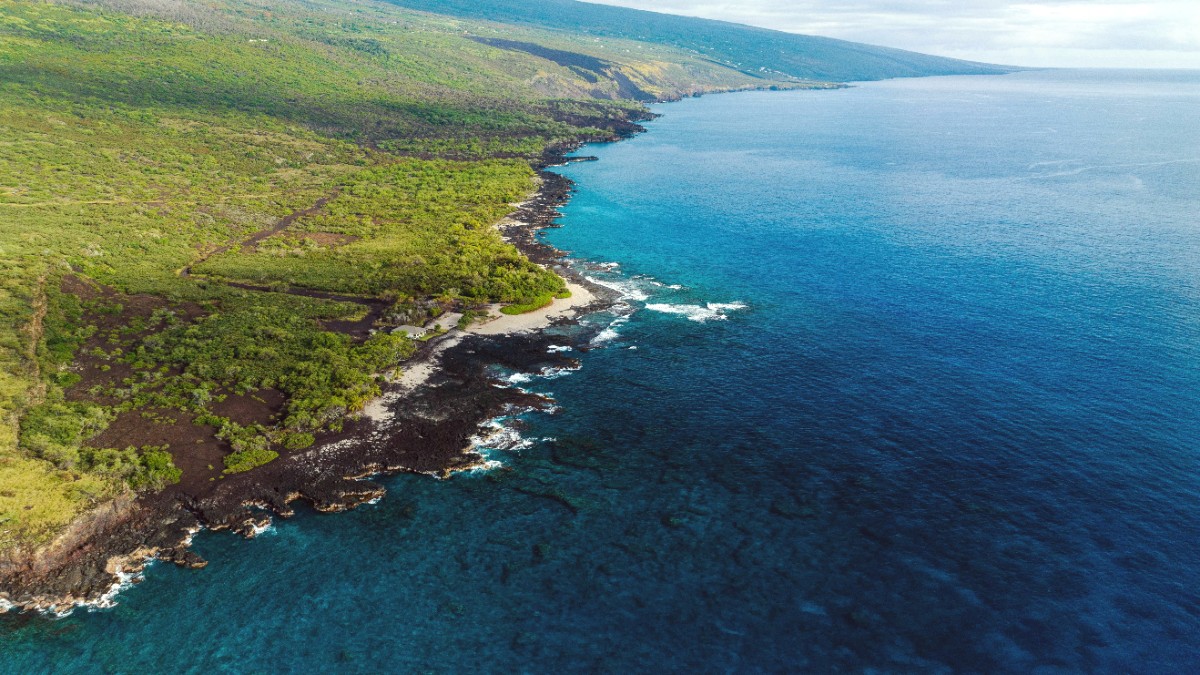
Hawaii, USA
Hawaiʻi Volcanoes National Park safeguards volcanic landscapes and native ecosystems, including rare plants and endangered birds.
Marine Protected Areas (MPAs), like Kealakekua Bay State Historical Park, try to conserve marine life and delicate coral reefs.
Native Forest Preserves focus on guarding and restoring native Hawaiian forests from invasive species, which threaten unique biodiversity.
Your visit to the Big Island offers opportunities to engage in sustainable and responsible travel.
Recycling for aluminum cans, plastic bottles, glass, and paper is available across the island.
Seek accommodations with "Green Certification" or those highlighting sustainability efforts.
Your purchases can further sustainability efforts.
The Nēnē (Hawaiian Goose), Hawaii's state bird, faces endangered status.
Seek out tours and activities directly operated by local Hawaiian communities. These ventures often reinvest profits locally.
Dine at local restaurants and cafes instead of large chain establishments to help the unique culinary scene thrive.
Your choices directly contribute to the preservation of the Big Island's precious environment.
Traveling with cultural sensitivity deepens your connection to the Big Island.
Support local cultural practitioners by attending authentic events like hula performances.
Embrace the "Aloha Spirit," a philosophy of respect, love, and compassion for people and the land.
Always ask for permission before taking close-up photos of individuals.
When visiting churches or temples, a certain decorum is fitting.
Your travel choices can positively influence the Big Island's local economy.
Seek tours directly operated by local Hawaiian communities. These ventures often reinvest profits locally.
Buy directly from local farmers at farmers' markets and purchase crafts from local artisans.
Dine at local restaurants and choose local tour operators. This supports island residents.
Your travel choices can foster a positive influence on the Big Island's local economy and communities.
Seek out tours and activities directly operated by local Hawaiian communities.
Avoid tours or activities that exploit animals or natural resources.
If you wish to donate, research local non-profits for impactful contributions.
Look for local non-profits focused on environmental conservation, cultural preservation, or community development.
This makes certain your contribution goes to reputable causes that benefit the island directly.
Avoid giving money to individuals on the street; instead, direct funds to established groups.
Taking lava rocks is illegal and culturally disrespectful. Please do not remove natural elements from the island.
Your conscious travel choices directly benefit the Big Island's communities and cultural preservation efforts.